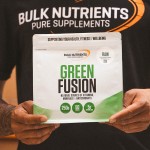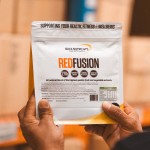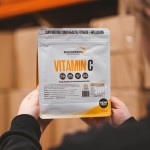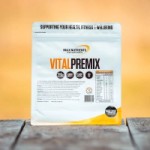Can You Train When You’re Sick?

Can I train with a cold?
Some days you feel rundown but have enough energy to train; so you go in and do it anyway. But there's a voice in your head (and the know-it-all at the water fountain!) who insists you stay at home until your immune system recovers. So what's the best option? Well, a study has examined just this: using 50 reasonably fit people from the ages of 19 and 29, who were divided into two groups:
- Group one: Training for 40 minutes at 70 per cent of their maximal heart rate (moderate intensive training). They exercised on the stair climber, treadmill and or the bike.
- Group two: Did no exercise at all.
Then the researchers infected the subjects in both groups with a common cold virus: rhinovirus-16. They then monitored them to answer our question: did they get better or worse when they were exercising or not exercising?
They found the symptom durations were the same in both groups. However, the training group had fewer symptoms in the first six days. The researchers also measured their catarrh (level of mucus in nose and throat) and found both groups produced the same amount (they had to hand in their snotty handkerchiefs!). The researchers concluded:
"...moderate exercise training during a rhinovirus-caused upper respiratory illness under the conditions of this study design do not appear to affect illness symptom severity or duration...this finding is important for athletes and fitness enthusiasts alike who are interested in maintenance of their fitness levels during a rhinovirus-caused upper respiratory illness."
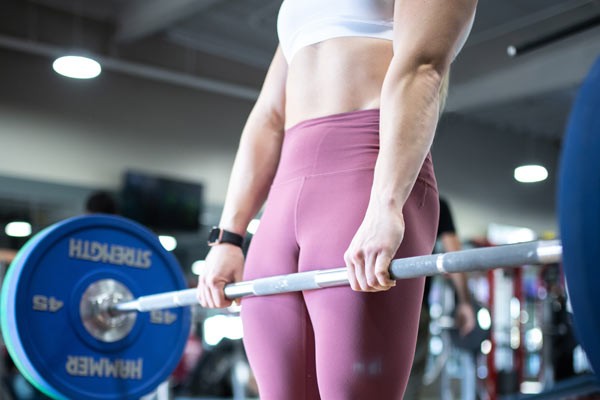
Great, well that takes care of that. But what if you're planning to exercise at a higher intensity than this? These same researchers asked this question in another study and concluded that athletes who train with a cold more intensely than this will probably delay their recovery, as exercise at that intensity inhibits the immune system due to rises in testosterone and cortisol.
Exercising when sick: How to know if you can
Scientists talk about the "neck check" -- you can continue to train if symptoms are confined to above the neck. A blocked nose, runny nose or sore throat is fine to train with if you still feel able. Research suggests training for 10-15 minutes and if symptoms worsen, stop. But if they don't, then you're fine to keep training.
However, if you've got symptoms like fever, diarrhea, muscle aches, or an elevated heart rate, then research suggests you don't exercise until symptoms have resolved for 7-14 days. This is because dehydration, prolonged illness, or further complications can occur.
How to avoid getting sick before training:
In the Covid-era, we've learned a lot about keeping germs at bay. However, it's easy to sometimes forget about adequate precautions, with research suggesting we do the following to reduce our risk of infection:
- Eat a well-balanced diet;
- Get adequate sleep;
- Avoid overtraining and fatigue;
- Allow adequate recovery time following intense exercise;
- Avoid contact with people who are ill;
- Wash hands frequently;
- Do not share water bottles or towels;
- Reduce life stressors; and
- Get appropriate immunisations (measles, mumps and rubella, hepatitis A and B, influenza and tetanus).
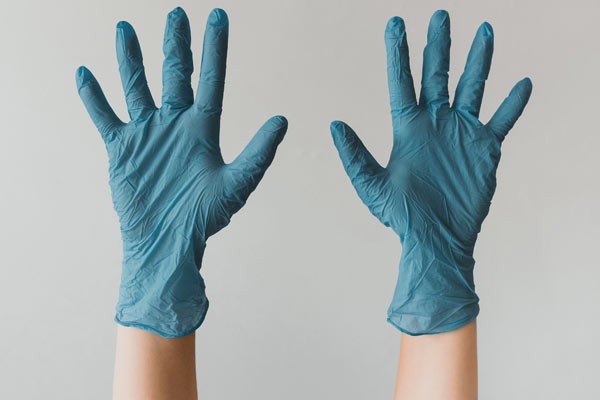
Exercise and getting sick: Are athletes and gym-goers more at risk?
This depends largely on what intensity level you're training at; those who exercise at a moderate level may have an enhanced immune function. Researchers suggest moderate exercising folk may get sick less often (upper respiratory tract infections), and for a shorter duration, compared to those who don't exercise at all.
Evidence also suggests that elite athletes training at levels above a moderate level may be at a larger risk of these infections.
The graph below shows how the harder you exercise, the more likely you are to contract an infection:
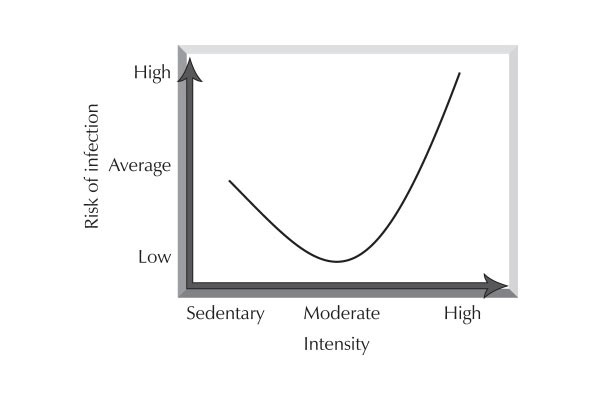
So how do we know if we can ultimately train or not? It seems if you have a mild cold, training at a moderate level (70% of maximum heart rate) won't make you any better or worse. However, if you present other symptoms like muscle aches and diarrhea, you'll want to sit out. A quick "neck check" to ensure all symptoms are above the neck means you can attempt to start exercising but stop after 15 minutes if your symptoms worsen. And if you don't feel like exercising at all due to illness -- well there's your answer!
Whilst moderate exercise may help us develop a stronger immune system, training at a higher intensity increases your risk of developing an infection. One of the benefits of the Covid-era is our (and others) increased education of how to prevent the spread and contraction of illness, which will also prevent us from getting sick in the first place.
But it comes down to this: if you've got a mild cold and you're not training at an elite athlete level of exercise intensity, then head on off to exercise!
References:
- Weidner TG, Cranston T, Schurr T, Kaminsky LA. The effect of exercise training on the severity and duration of a viral upper respiratory illness. Med Sci Sports Exerc. 1998 Nov;30(11):1578-83. doi: 10.1097/00005768-199811000-00004. PMID: 9813869.
- Weidner TG. Literature review: upper respiratory illness and sport and exercise. Int J Sports Med. 1994 Jan;15(1):1-9. doi: 10.1055/s-2007-1021011. PMID: 8163318.
- Metz JP. Curr Sports Med Rep. Vol. 2. 2003. Upper respiratory tract infections: Who plays, who sits? pp. 84–90
- Nieman DC. Is infection risk linked to exercise workload? Med Sci Sports Exerc. 2000;32(7 Suppl):S406–11.
- Primos WA., Jr Sports and exercise during acute illness: Recommending the right course for patients. physsportsmed.com/issues/1996/01_96/primos (Version current at October 17, 2007)
- Exercise and febrile illnesses. Paediatr Child Health. 2007;12(10):885-892. doi:10.1093/pch/12.10.885
